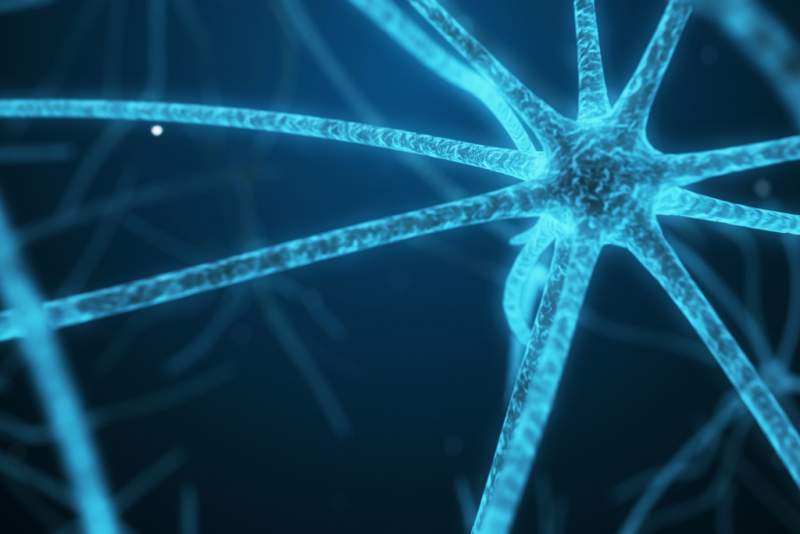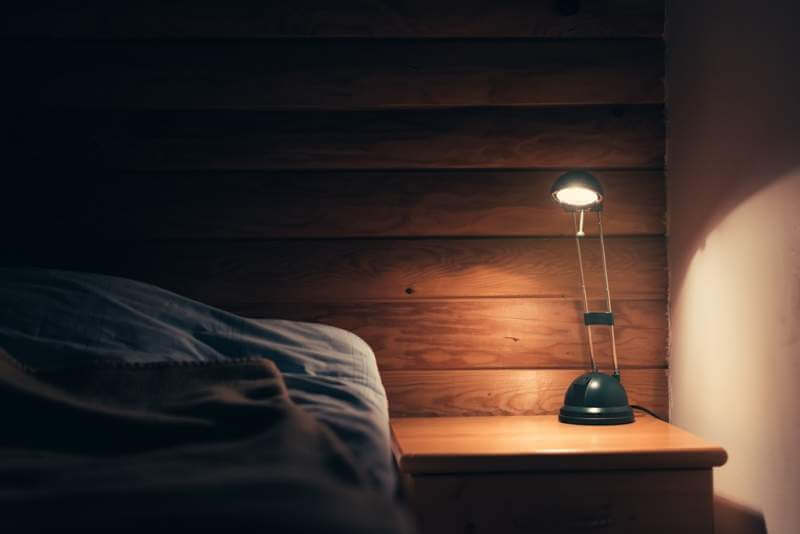You’ve probably heard of melatonin before, maybe not as a hormone but as a supplement. Now, it’s time to learn what the sleep hormone, melatonin is about.
What is Melatonin?
 Melatonin is a hormone produced in the pineal gland of the brain and is responsible for the regulation of the sleep cycle.
Melatonin is a hormone produced in the pineal gland of the brain and is responsible for the regulation of the sleep cycle.
Referred to as the “sleep hormone” or “hormone of darkness,” melatonin, rather than acting as a sedative, regulates your sleep-wake cycle telling your brain when night falls and it is, therefore, time to sleep.
How Does Melatonin Work?
 Have you ever wondered how your body follows the same pattern of sleeping at night when it is dark and waking during the day when it is light?
Have you ever wondered how your body follows the same pattern of sleeping at night when it is dark and waking during the day when it is light?
Well, a key factor when it comes to human sleep is that it is regulated by exposure to light or darkness.
When the sun sets and darkness falls, our optic nerves send signals to the brain instructing it to start the production of melatonin in order to prepare your body for sleep. The brain, however, maintains this production of melatonin all night long to keep you asleep and stops the production during the day to keep you awake.
Now, here’s how it really works. Exposure to light sorts of stimulates a pathway for nerves from the retina in the eye to a place in the brain called hypothalamus, where a special nucleus, Suprachiasmatic Nucleus (SCN) initiates signal to other parts of the brain that control hormones and other body functions that are vital in making us either sleepy or awake.
SCN is like an internal clock which controls the release of melatonin and generates our circadian rhythm; our body’s natural day/night cycle.
Note that most living organisms, including plants, animals, and microbes as well, have circadian rhythm (the physical, mental as well as the behavioral changes that take place during a 24-hour cycle).
Our circadian rhythm is affected by many internal and external factors, with light being the major one. This is why stimulation from light suppresses the release of melatonin during the day keeping you awake and alert.
Melatonin stimulation at night gradually rises in the body. It does this by bringing about several physiological changes such as lowering body temperature, reducing blood pressure and blood sugar, delaying the production of stress hormone- cortisol, reducing alertness and the likes.
Maximum levels of melatonin are usually between the hours of 2 am and 4 am. This is when we reach our maximum sleepiness.
How To Influence Your Melatonin For Better Sleep
 Melatonin is definitely extremely important for sleep and especially the quality of sleep. It determines if you wake up feeling so refreshed and fit or feeling so tired and worn out even after 8 hours of sleep.
Melatonin is definitely extremely important for sleep and especially the quality of sleep. It determines if you wake up feeling so refreshed and fit or feeling so tired and worn out even after 8 hours of sleep.
Here are some tips to help influence your melatonin
1. Eliminate light sources
 Several studies show that eliminating light sources, at least 1 hour before bedtime, can help you sleep better as a result of increased melatonin stimulation.
Several studies show that eliminating light sources, at least 1 hour before bedtime, can help you sleep better as a result of increased melatonin stimulation.
The absence of light sends a critical signal to the body that it is time to rest whereas exposure to light at the wrong that alters the body clock in a way that interferes with both the quality and quantity of sleep.
So, avoid checking your phone or laptop when you’re tucked in bed and ready to sleep. You can also combine this low-light tip with a very comfortable mattress and a good flannel sheet for a night of better and deep sleep.
2. Healthy Eating
 Targeting foods that are rich in tryptophan and melatonin will influence your melatonin levels thereby improving the quality of your sleep.
Targeting foods that are rich in tryptophan and melatonin will influence your melatonin levels thereby improving the quality of your sleep.
Tryptophan, a melatonin precursor, is an essential amino acid that comes from the consumption of proteins. For instance, foods like beans, meat, eggs, and the likes are rich in tryptophan. So, eating this class of food at night (be sure not to overeat) can help improve your melatonin and the quality of your sleep in return.
Also, fruits like berries, almonds, oranges, tomatoes, bell pepper, and thhe likes are known to be rich in melatonin which means that you might want to consider including them in your diet.
Avoid stimulants like caffeine and other food types that suppresses the stimulation of melatonin because they affect cortisol production and also delay melatonin production thereby affecting the quality of your food.
Also, it is advisable to eat hours before bedtime, if possible avoid foods that are high in carbs, in order to avoid a dramatic increase in insulin, affecting your melatonin production.
3. Get Outside More
 Try getting exposed to bright, natural light will help your pineal gland differentiate properly between night and day.
Try getting exposed to bright, natural light will help your pineal gland differentiate properly between night and day.
4. Melatonin supplements
 Melatonin supplements can be used to treat sleep disorders, especially those that have problems with their sleep-wake cycle (circadian cycle), including insomnia.
Melatonin supplements can be used to treat sleep disorders, especially those that have problems with their sleep-wake cycle (circadian cycle), including insomnia.
Melatonin, unlike some other sleep-related medications, doesn’t result in drowsiness of any sort, neither does it knock one out or cause any form of a hangover in the morning. Melatonin supplement simply helps regulate the sleep-wake cycle.
Note that Melatonin supplements have certain side effects like a headache, nausea and the likes. So it is best taken according to prescription and be sure to see your doctor before purchasing any melatonin supplement over the counter.
Guest article by Dr. Charles-Davies OA, a medical doctor based in Lagos.
Share this post if you like it!
